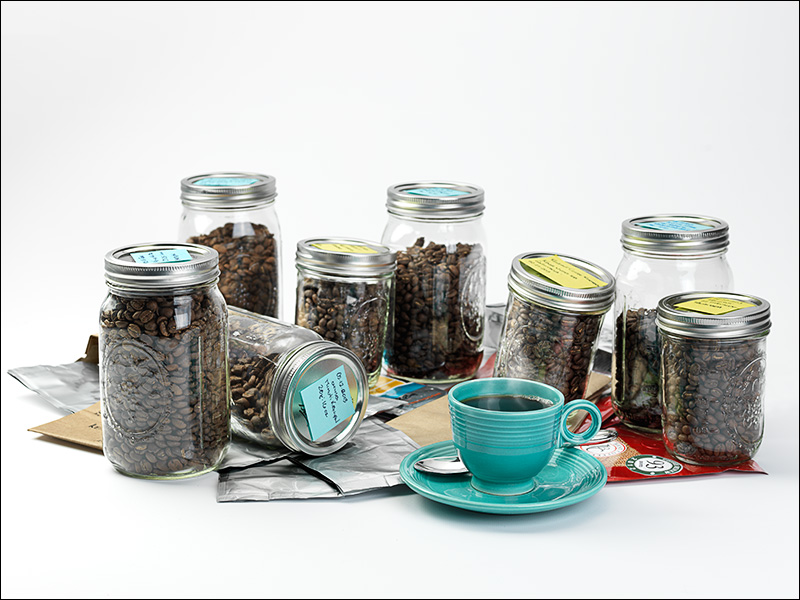Justice in the cup
Posted by: Ed Foster Jr.
I’m drinking less coffee nowadays. But, I am enjoying it much more. For a fully caffeinated coffee hound, that’s saying something.
Nearly one year ago I began a quest for a more flavorful brew. (See related post) It seemed as though I was drinking coffee more for comfort than pleasure. I started close to home with a local roaster, and their large-batch, dark offerings proved to make a better cup than commercial beans. Now it was better than anything from the grocer’s shelf and the large chain operations, but really not by much.
I knew there had to be better coffee and I began scouring the Internet. I discovered a number of micro-roasters, mostly small independent coffee shops that roast their offerings to order and ship promptly. In my research I realized that coffee is best when brewed from fresh beans within two weeks from roasting, so the idea of purchasing from smaller, craft roasters was appealing. Over a four-month period I tried nearly one dozen such artisan micro-roasters.
Some seemed to be knowledgeable roasters, but their beans were sourced from regional auctions. The fresh roast factor provided for a better cup of coffee, but not an outstanding and really tasty cup for the extra price they charged.
A few of the micro-roasters I discovered seemed to provide some superb beans that returned an awesome cup of coffee. Their higher cost was justified by my palate.
But, what I really discovered is that the better coffees came from the most knowledgeable roasters who had developed direct relationships with small farmers located in emerging nations. These roasters realize that in order to achieve quality, they must pay sustainable amounts for their purchases and not subscribe to prices set at auction where the goal is to pay the least amount possible.
By receiving a fair price for their work, these small farmers are able to produce a quality product and support their families and farms. In the auction model, coffee beans are typically regional and not always specific to any one farm, so good beans tend to be mixed with the not so good – it’s just a matter of survival for the growers.
Imagine if we practiced a little justice with all of our food products.
Fair trade pricing might result in the return of more small, hands-on farmers and ranchers who take pride in their work and bring better, more organically produced products to our tables. We might have to eat less to stay within a budget, but we would certainly be eating better, more flavorful foods. And the idea of eating less, could be a healthy dose of self-justice.
So, I might be consuming less caffeine per day now, but I am truly enjoying it more. And if not for the farmer, that certainly is justice enough for me.
- Category:Coffee, Personal
- Tags: fair trade, justice

